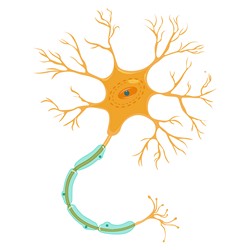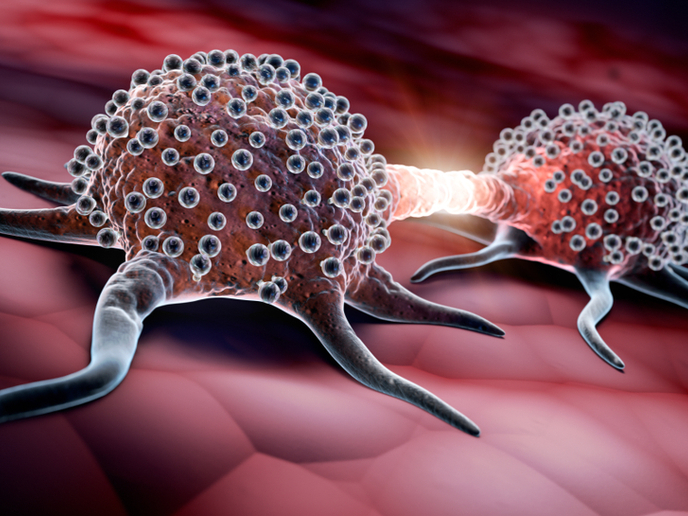Molecular transport in neurons
Neuronal transport is tightly controlled through the elaborate interplay between the cytoskeleton and molecular motors that ensure cargo and organelle delivery to specific cellular compartments. The importance of this system is illustrated by the growing number of human neurodegenerative diseases with potential defects in neuronal transport processes. Microtubules display an intrinsic asymmetry with regards to the direction of transport and this polarity significantly differs between axons and dendrites. Evidence indicates that dynamic microtubules transiently enter dendritic spines but the neuronal signals and mechanisms that facilitate this process remain unknown. To address this and reveal the role of microtubules in synaptic function, scientists of the EU-funded DYNAMICMTINSPINES (The role of dynamic microtubule in the structure and function of dendritic spines) project utilised cultured hippocampal slices. These resembled more closely the in vivo conditions and could more faithfully portray microtubule dynamics. Experiments confirmed the polarity differences of microtubules between axons and dendrites. In addition, recordings in living mice enabled scientists to examine microtubule dynamics in the intact central nervous system for the first time. Microscopic examination of microtubules indicated that targeting of spines is a common phenomenon in the dendrites of mammalian neurons and is triggered by specific synaptic signals. High-resolution live imaging enabled researchers to identify actin as the main downstream target of the spine entry targeting mechanism. Further insight into the microtubule-interacting proteins helped delineate the cellular mechanism. Microtubules proved to be important for synaptic cargo transport and the trafficking of endosomes in dendritic spines. Collectively, the findings of the DYNAMICMTINSPINES study improved our understanding of the process of microtubule invasion in dendritic spines. The novel concept that dynamic microtubules in dendrites affect synapses makes the process an attractive therapeutic target for neurological diseases.







